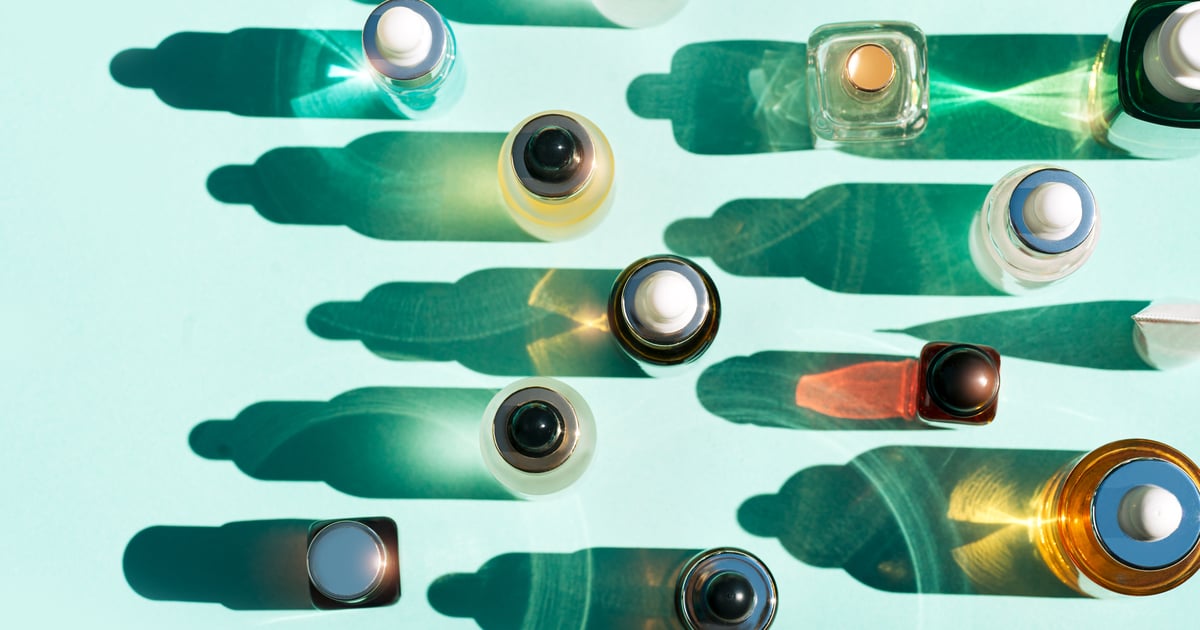Table of Contents
If you follow K-beauty brands and trends closely, chances are you’ve seen — and maybe even used — fermented skin-care products before. More and more beauty products are using fermented ingredients, but you might be wondering: what does that really mean?
Understanding the ingredients and terminology listed on your beauty products can feel like it requires a degree in cosmetic chemistry, but with the right resources, you can start to decode what each one means.
We tapped a panel of experts to explain everything you need to know about fermented skin care, including how it works, its benefits, and more. Keep reading to get the scoop.
What Is Fermentation?
Fermentation is a metabolic process typically associated with foods and drinks, like kombucha and kimchi. “In general, the process of fermentation transforms sugars into bacteria, yeasts, or other microorganisms, and produces different types of ingredients,” Lindsey Zubritsky, MD, FAAD, board-certified dermatologist and Ferver brand partner, tells POPSUGAR.
Fermentation in skin care is popular in Korea, but Brian Oh, founder and CEO of Venn Skincare, says, “Fermentation historically in Korea was more limited to food, with kimchi (fermented cabbage) and doenjang (fermented soybean) being the two most popular traditional foods.”
The practice of using fermented ingredients in skin care, however, seems to trace all the way back to Cleopatra in Egypt. “There’s a legend that Cleopatra bathed in sour (fermented) milk, and we now know that sour milk contains lactic acid, a naturally occurring AHA for skin exfoliation,” Oh says.
The Benefits of Fermentation in Skin Care
As mentioned above, fermentation is used in a variety of ways, but in beauty specifically, it makes ingredients more effective. “Fermentation breaks down natural molecules and makes them smaller, so it’s easier for them to absorb deeper into your skin’s surface,” Dr. Zubritsky says. Meaning the ingredients are more effective and yield better results, but that’s not all.
“The fermentation process also improves the potency of an ingredient by producing chemical byproducts such as vitamins, essential minerals, amino acids, antioxidants, and peptides, and thereby increasing the ingredient’s nutrient density,” Oh says. This results in the new, fermented ingredient being more effective and powerful than the nonfermented ingredient.
Fermented skin care also has skin-microbiome-balancing benefits, which lead to “a healthier, more intact skin barrier with less inflammation,” Dr. Zubritsky says.
Beauty Products Using Fermentation
Fermentation is used in more beauty products than you realize. For example, Clinique uses aloe bio ferment in its Moisture Surge 100H Auto-Replenishing Hydrator ($41), and has been working with the ingredient for over 30 years.
“The process of creating aloe-vera bio ferment requires mixing aloe-vera powder with lactobacillus, the host organism, and allowing it to grow for 24 to 48 hours,” says Steven Schnittger, vice president of global microbiology and fermentation research and development for The Estée Lauder Companies. The aloe-vera bio ferment is then extracted in a way that ensures no bacteria or contamination is included, then it’s utilized in the moisturizer.
At Venn, on the other hand, the Advanced Multi-Perfecting Red Oil Serum ($115) “uses two foundational root extracts that are fermented for 150 hours at a low temperature to improve the absorption of the formulation,” Oh says.
Popular Fermented Ingredients in Skin Care
A variety of ingredients can be fermented and used in beauty products. Clinique uses aloe vera. Venn uses ginseng saponin and other plant roots. But it doesn’t stop there. Another popular one is skin-care superstar ingredient hyaluronic acid.
“Many types of hyaluronic acid are too large to penetrate the skin’s surface and just sit on top of the skin,” Dr. Zubritsky says. “By using the process of fermentation, a fermented hyaluronic acid like Ferver’s Fermented Hyaluronic Acid Serum ($19) contains fermented HA that penetrates the skin surface 10 times [more] than regular hyaluronic acid.” And that only scratches the surface — if you take a look at the products in your medicine cabinet, chances are some of your favorite products feature fermented ingredients in the formulation.
https://www.popsugar.com/beauty/fermented-skin-care-48803178
 fashion rec fashion wanted
fashion rec fashion wanted



